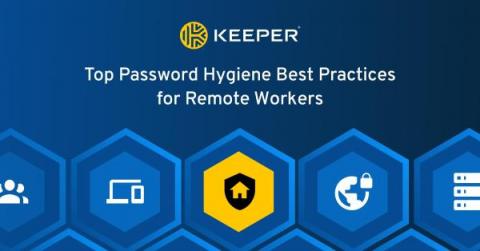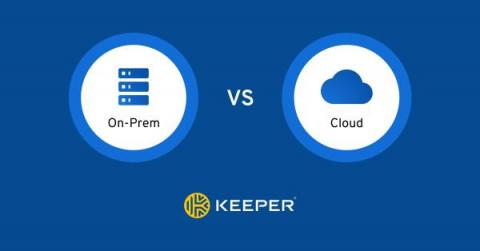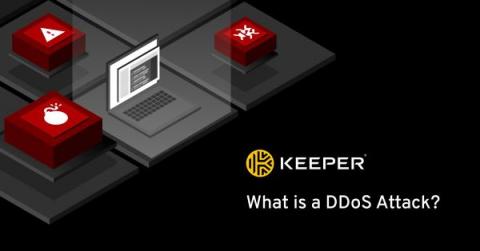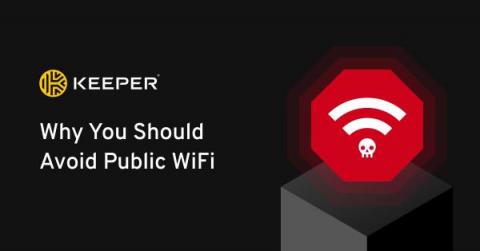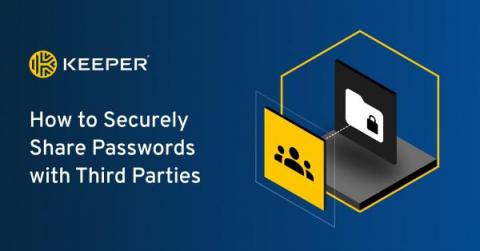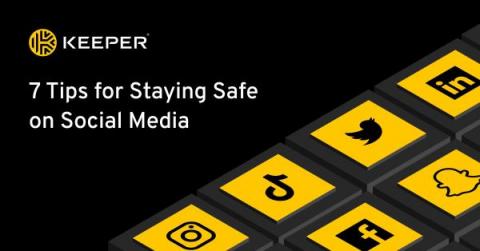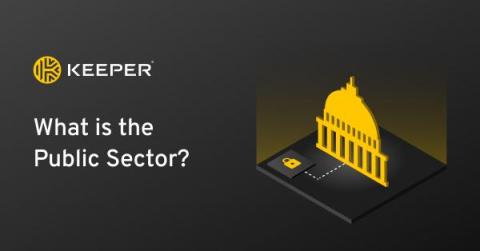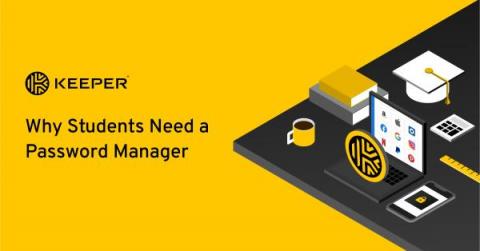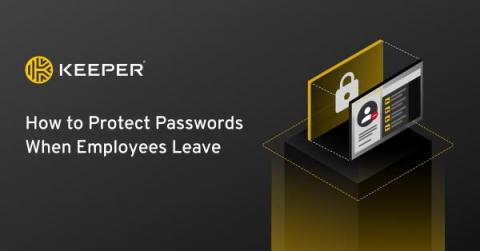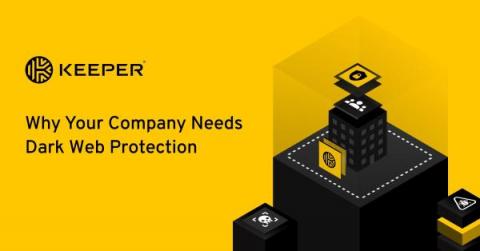Top Password Hygiene Best Practices for Remote Workers
With a growing number of organizations offering a remote or hybrid working option, many people are taking their workspaces home. Your team needs to know password hygiene best practices to ensure their home work environment is secure and protected. Sloppy employees who are not knowledgeable about password hygiene can pose a risk to themselves and their company. In fact, 82% of breaches involved a human element, according to Verizon’s 2022 DBIR.


